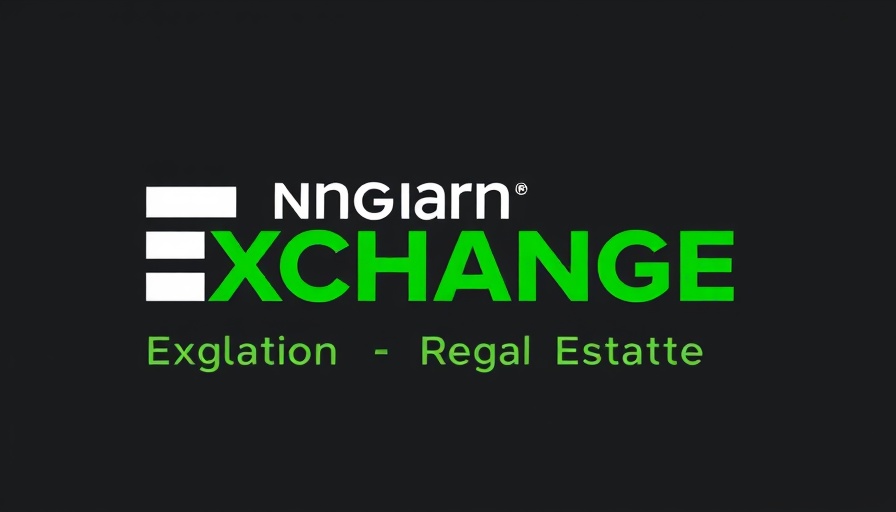
Decoding the Challenges Facing African Securities Exchanges
Africa's budding technology scene is electric, but a paradox exists within its financial markets. Leading innovators like Flutterwave and Jumia often seek public listings abroad, raising the question: Why do the continent's brightest stars look far from home? Understanding this phenomenon requires an exploration beyond mere statistics, as it touches the core of Africa's economic landscape.
Understanding the IPO Landscape
In 2023, a mere fourteen Initial Public Offerings (IPOs) occurred across the continent, generating only $1.3 billion. Comparatively, India boasted 57 IPOs, with a staggering total of over $7 billion raised. This disparity shines a light on stagnant growth in African exchanges. For instance, the Nigerian Stock Exchange has seen few new companies join in the past decade, while the Nairobi Securities Exchange desperately needs fresh listings, with Safaricom being the only significant one in seventeen years. Even the Johannesburg Stock Exchange, the region's largest, experienced more delistings than listings in the past two years.
Venture Capital as an Alternative Path
Despite the challenges, innovation within the African financial landscape is not dead. Regulators, fintech firms, and telecommunications companies are stepping up, signaling potential growth. Moreover, many African firms, especially in the tech sector, are shifting towards private equity and venture capital. In 2023 alone, more than 450 private capital deals were signed, cumulatively valued at $7.2 billion. This trend indicates a preference for remaining private or opting for M&A as viable exit strategies over traditional IPOs.
What Lies Ahead for African Exchanges?
As African technology evolves, so too might its financial markets—if obstacles are overcome. Could a hybrid model, incorporating both traditional exchanges and private equity routes, serve Africa's specific conditions? The potential for African securities exchanges could be immense, provided that innovative solutions are implemented alongside traditional methods.
Conclusion: Rethinking the Future
While the path forward for African securities exchanges presents challenges, it is also an opportunity to rethink and reshape capital markets to meet the needs of a dynamic and diverse marketplace. Engaging in conversations surrounding these shifts can help forge a prosperous future for technology and finance in Africa.
 Add Row
Add Row  Add
Add 


 Add Row
Add Row  Add
Add 

Write A Comment